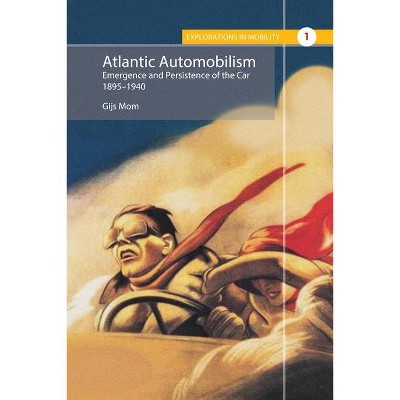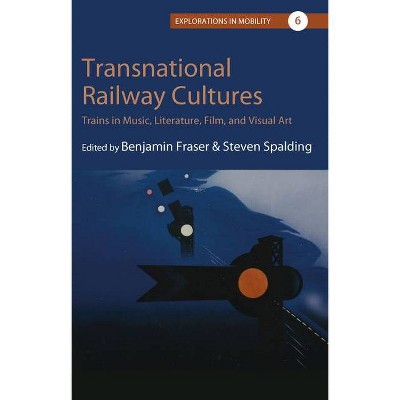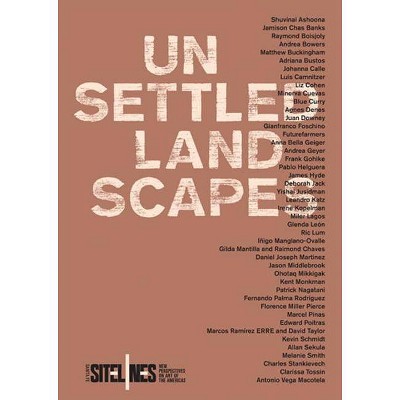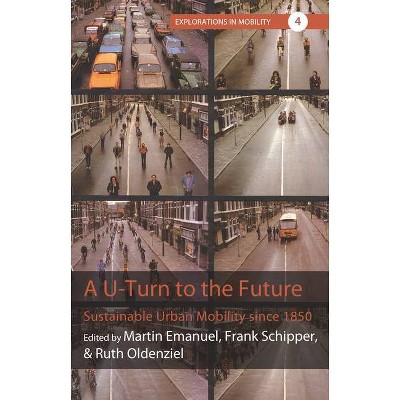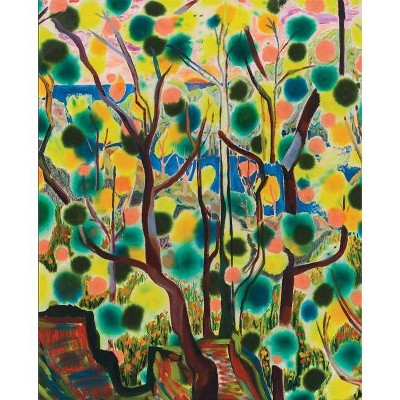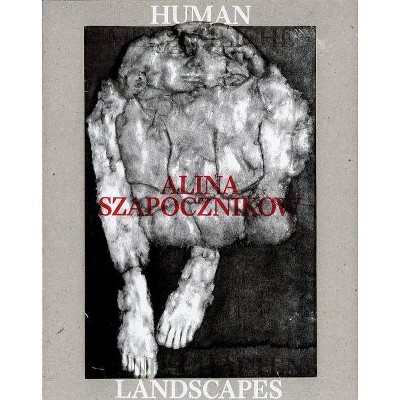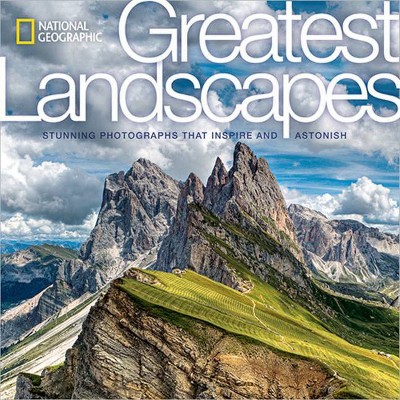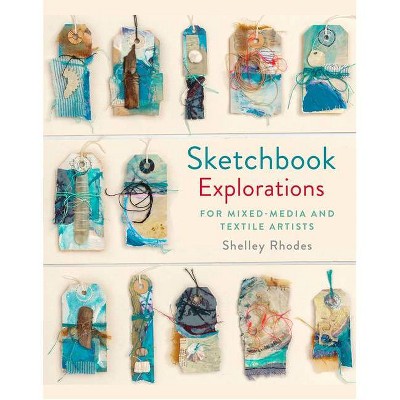Iron Landscapes - (Explorations in Mobility) by Felix Jeschke (Hardcover)
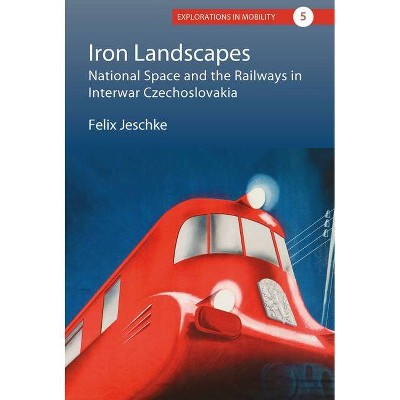
Similar Products
Products of same category from the store
AllProduct info
<p/><br></br><p><b> About the Book </b></p></br></br>"Throughout the 1920s and 1930s, the newly formed country of Czechoslovakia built an ambitious national rail network out of what remained of the obsolete Habsburg system. While conceived as a means of knitting together a young and ethnically diverse nation-state, these railways were by their very nature a transnational phenomenon, and as such they simultaneously articulated and embodied a distinctive Czechoslovak cosmopolitanism. Drawing on evidence ranging from government documents to newsreels to train timetables, Iron Landscapes gives a nuanced account of how planners and authorities balanced these two imperatives, bringing the cultural history of infrastructure into dialogue with the spatial history of Central Europe"--<p/><br></br><p><b> Book Synopsis </b></p></br></br><p> Throughout the 1920s and 1930s, the newly formed country of Czechoslovakia built an ambitious national rail network out of what remained of the obsolete Habsburg system. While conceived as a means of knitting together a young and ethnically diverse nation-state, these railways were by their very nature a transnational phenomenon, and as such they simultaneously articulated and embodied a distinctive Czechoslovak cosmopolitanism. Drawing on evidence ranging from government documents to newsreels to train timetables, <em>Iron Landscapes</em> gives a nuanced account of how planners and authorities balanced these two imperatives, bringing the cultural history of infrastructure into dialogue with the spatial history of Central Europe.</p><p/><br></br><p><b> Review Quotes </b></p></br></br><br><p> <em>"This welcome study examines the ways in which the railroad embedded national space in the physical landscape and how that in turn shaped people's sense of time, distance, and the nation."</em> <strong>- Tatjana Lichtenstein</strong>, University of Texas at Austin</p> <p> <em>"Based on an impressive number of primary and secondary sources, Felix Jeschke tells the fascinating story of two seemingly divergent aspects of the Czechoslovak railroad: its roles in both the cultivation of internal unity and the promotion of Czechoslovakia as a modern and cosmopolitan state."</em> <strong>- Jan Musekamp</strong>, University of Pittsburgh</p><br><p/><br></br><p><b> About the Author </b></p></br></br><p> <strong>Felix Jeschke</strong> is a historian at the University of Munich. He holds a doctorate in modern history from the School of Slavonic and East European Studies, University College London.</p>
Price History
Price Archive shows prices from various stores, lets you see history and find the cheapest. There is no actual sale on the website. For all support, inquiry and suggestion messagescommunication@pricearchive.us
